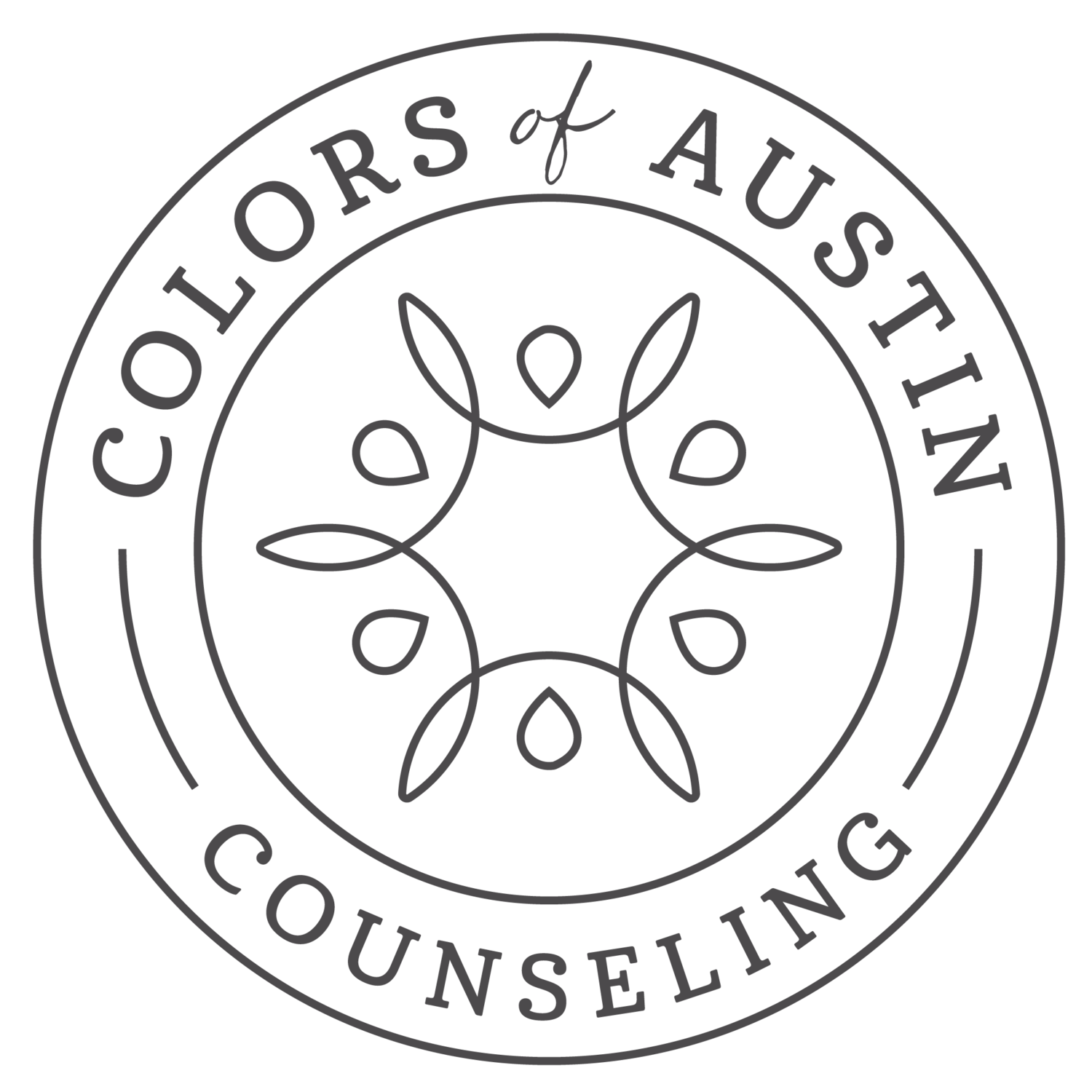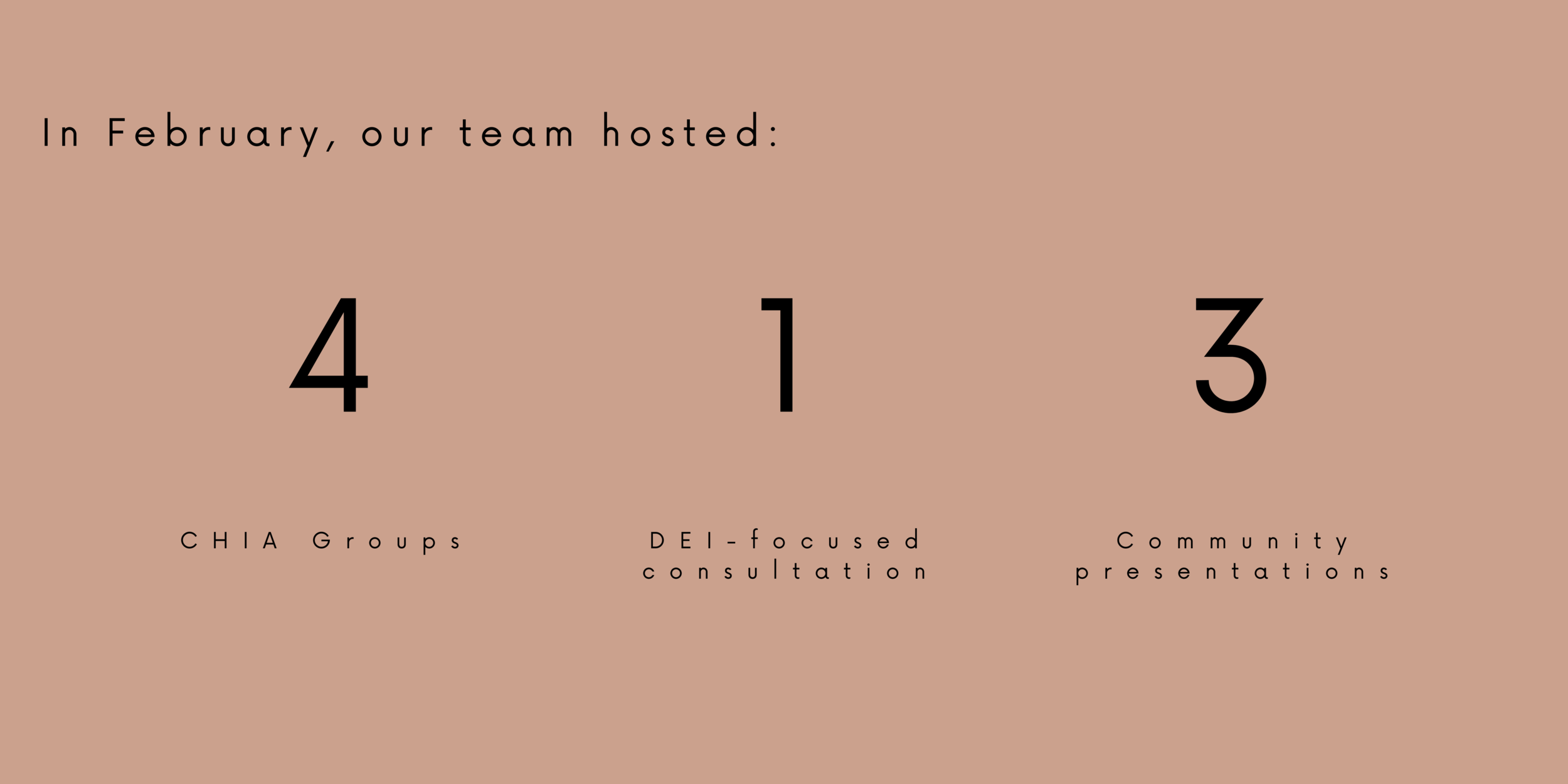Racial Trauma and Affinity Groups
Written by Sandra Olarte-Hayes, Director of Equity
Photo by Dina Nasyrova on Unsplash
As we launch our final Collective Healing In Action (CHIA) Group it feels important to talk about one of the main reasons why our practice feels so strongly that these groups are necessary to our practice and to our well-being as therapists and as humans. Racial trauma is pervasive among both therapists of color and clients alike.
Racial trauma or race-based traumatic stress is a type of complex trauma. The concept was developed by Robert T. Carter of Columbia University and refers to a series of psychological, mental, and emotional consequences that result from witnessing and experiencing racialized violence, harm, and discrimination. This harm can be caused by seeing videos of violence shared on social media, media depictions of violence, unfair policing, bias in educational institutions, invalidation of one’s experience, and interpersonal harm based on race. It can happen through direct or indirect exposure to racist abuse and discrimination and is pervasive in minoritized communities.
This unique type of trauma results from ongoing exposure to the harms of racism and is a form of complex trauma, which occurs when the trauma takes the form of multiple, varied traumatic events. Much research has been done on the body’s response to threat and when a person experiences complex trauma, the threat to the body is ongoing and the body never gets to fully find safety and reregulate. Racial trauma is complex in that it takes many forms and is interpersonal, systemic, and historical at the same time.
While racial trauma may present similarly to classic presentations of posttraumatic stress disorder, the intrusions, alterations in thoughts, mood changes, and avoidance behaviors relate specifically to the racialized trauma. These changes have been linked to long-lasting physical effects where studies show that people experiencing racial trauma over the course of a lifetime are more likely to experience physical pain, cardiovascular disease, hypertension, higher allostatic load, digestive issues, and respiratory issues. There are real, long-lasting physical and emotional that come from experiencing racism.
Collective Healing In Action affinity groups are an important part of Colors of Austin Counseling’s mission to decolonize the field of mental health. We know that our clients experience racial trauma because they tell us so but as a practice, we feel called to tend to the racial trauma experienced by Black, Indigenous, and other therapists of color as well. Collective Healing In Action groups are one way in which we intend to do so.


